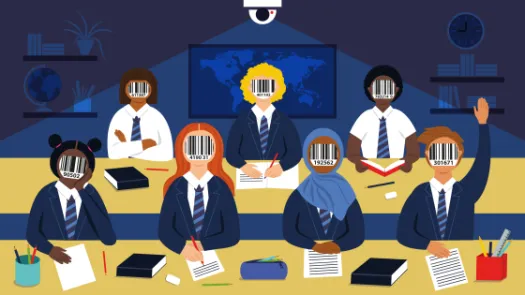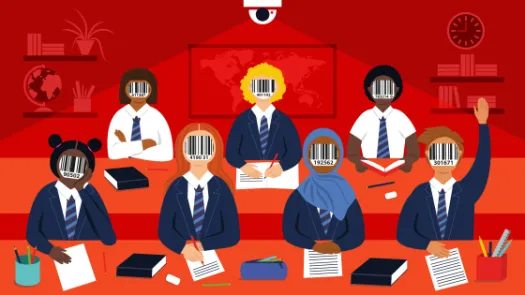
The Right to Privacy in Brazilian Schools: Universal Periodic Review
PI's submission on the use of EdTech and the subsequent processing (collection, analysis, retention and sharing) of children and teacher’s data in Brazil at the 41st session of the UPR. See below for our concerns and recommendations
We recommended Brazil, among others to:
- Ban of the use of facial recognition technologies in schools.
- Review its legal framework to ensure it effectively regulates the authorization and the use of EdTech for the intended legitimate purpose and includes robust and effective safeguards.
- Introduce robust human rights due diligence processes (including data protection impacts assessments) are in place, that include into their scope the early stages of the design and development of an EdTech technology, as well as stages of deployment and use.
- Demonstrate adherence to formal public procurement processes and must put in place formal documentation governing the partnership.
- Make public all the specifications of each EdTech company’s access to data, and provide for corresponding safeguards to ensure security and proper handling of the data, taking into consideration the best interests of the children.

Privacy International made a submission to the 41st Universal Period Review Session at the UN Human Rights council expressing concerns with the ways in which EdTech has been deployed through out Brazil, particularly unfettered access to and transfer of children's data, and the roll out of facial recognition, particularly without transparency or consent.
This stakeholder report focusses solely on concerns related to the use of education technology (‘EdTech') in Brazil, and the subsequent processing (collection, analysis, retention, and sharing) of children and teacher’s data in schools.
Recommendations
- We recommend that Brazil takes all necessary measures to ensure that all children and young children enjoy their right to education regardless of race, gender or disability.
- We suggest that Brazil as a matter of urgency, adopts special, targeted measures, including through international cooperation, to address and mitigate the impact of the pandemic on vulnerable groups, as well as on communities and groups subject to structural discrimination and disadvantage. All relevant actors, including civil society, should be part of that process.
- We urge Brazil to put in place policies and measures to ensure education preparedness in cases of future emergency.
- We recommend Brazil must review its legal framework to ensure it effectively regulates the authorization and the use of EdTech for the intended legitimate purpose and includes robust and effective safeguards.
- We urge Brazil to ensure that robust human rights due diligence processes (including data protection impacts assessments) are in place, that include into their scope the early stages of the design and development of an EdTech technology, as well as stages of deployment and use. Details of the processes in place should be made public and available for review.
- We recommend that Brazil, when awarding a contract to an EdTech company, must demonstrate adherence to formal public procurement processes and must put in place formal documentation governing the partnership.
- We recommend Brazil bans the use of facial recognition technologies in schools.
- We recommend that Brazil should make public all the specifications of each EdTech company’s access to data, and provide for corresponding safeguards to ensure security and proper handling of the data, taking into consideration the best interests of the children.
- We recommend Brazil to take all necessary measures to remove any racist and homophobic content from educational material (online and offline) and include teachers in designing education technologies.

